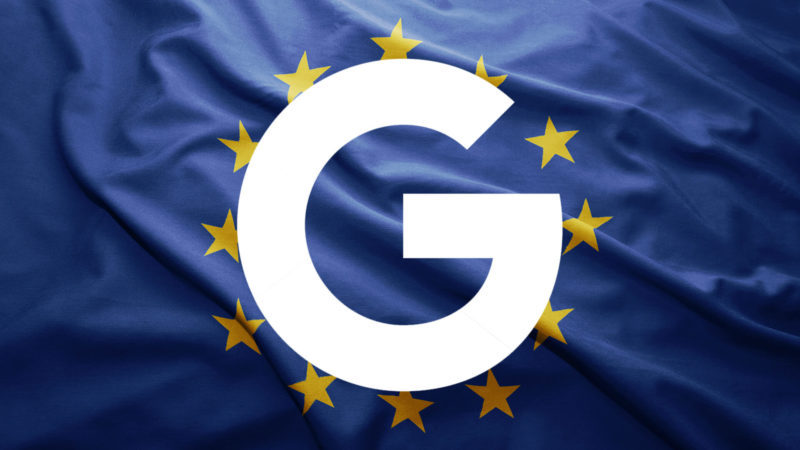
Google’s Antitrust Proposal: Navigating Regulatory Waters with Strategic Adjustments
In a move that highlights the ongoing balancing act between complying with regulatory demands and protecting user experience, Google has recently unveiled a new proposal to the European Commission. This step is strategically timed as it comes ahead of a critical workshop scheduled for July 7-8, allowing the tech giant to address concerns regarding its alleged preferential treatment of its own services, particularly Google Shopping and Google Flights. Failure to demonstrate compliance could result in significant antitrust fines under the EU’s Digital Markets Act (DMA).
The European Commission has accused Google of unfairly prioritizing its offerings, a practice that could ensnare the company in costly penalties if found in violation of fairness standards. In response, Google initially proposed a “vertical search service” (VSS) box aimed at displaying both its and third-party services. However, the latest proposal, referred to as Option B, takes this a step further. It seeks to add another layer—a box dedicated to showcasing free links from direct suppliers like hotels and airlines, while intentionally avoiding identification as a Google service. This adjustment is crafted not just for compliance, but to enhance supplier visibility and foster a more equitable digital marketplace.
It is critical to recognize the implications of this strategic shift. Google’s emphasis on presenting unbiased listings has potential ripple effects for digital marketing and SEO professionals. Enhancing visibility for third-party suppliers can drive increased competition, presenting challenges for marketers who rely on Google’s existing ecosystem to gain traction in the digital space. Professionals should prepare for shifts in how advertising and organic strategies may need to adjust in response to changes in Google’s search algorithms and practices.
The introduction of these features also intersects intriguingly with aspects of URL shortening and management. As marketers contemplate the impacts of Google’s proposal, there’s an opportunity for professionals to innovate in how they utilize URL shorteners and link management tools. Custom domains can play a pivotal role in enhancing brand visibility, particularly in a marketplace that might soon shift towards a more balanced representation of service providers. The ability to create short links that direct to targeted alternatives could enhance traffic to suppliers who stand to benefit from Google’s updated approach.
As Google navigates these regulatory waters, the decision’s aftermath will be closely monitored by firms and competitors alike. The evolving landscape underscores an important lesson for digital marketers: agility and adaptation in strategies will be essential irrespective of how these changes manifest. The tech ecosystem’s dynamics are constantly in flux, and staying ahead of trends will distinguish successful players from those left behind.
The potential ramifications of this proposal could redefine the user experience and efficacy of digital marketing for both established players and newcomers alike. It will be crucial for industry professionals to remain vigilant and proactive, leveraging tools like URL shorteners and link management systems to bolster their visibility and outreach efforts in a transforming digital landscape.
#BitIgniter #LinksGPT #UrlExpander #UrlShortener #DigitalMarketing
Envie d'en savoir plus : Lisez ici

